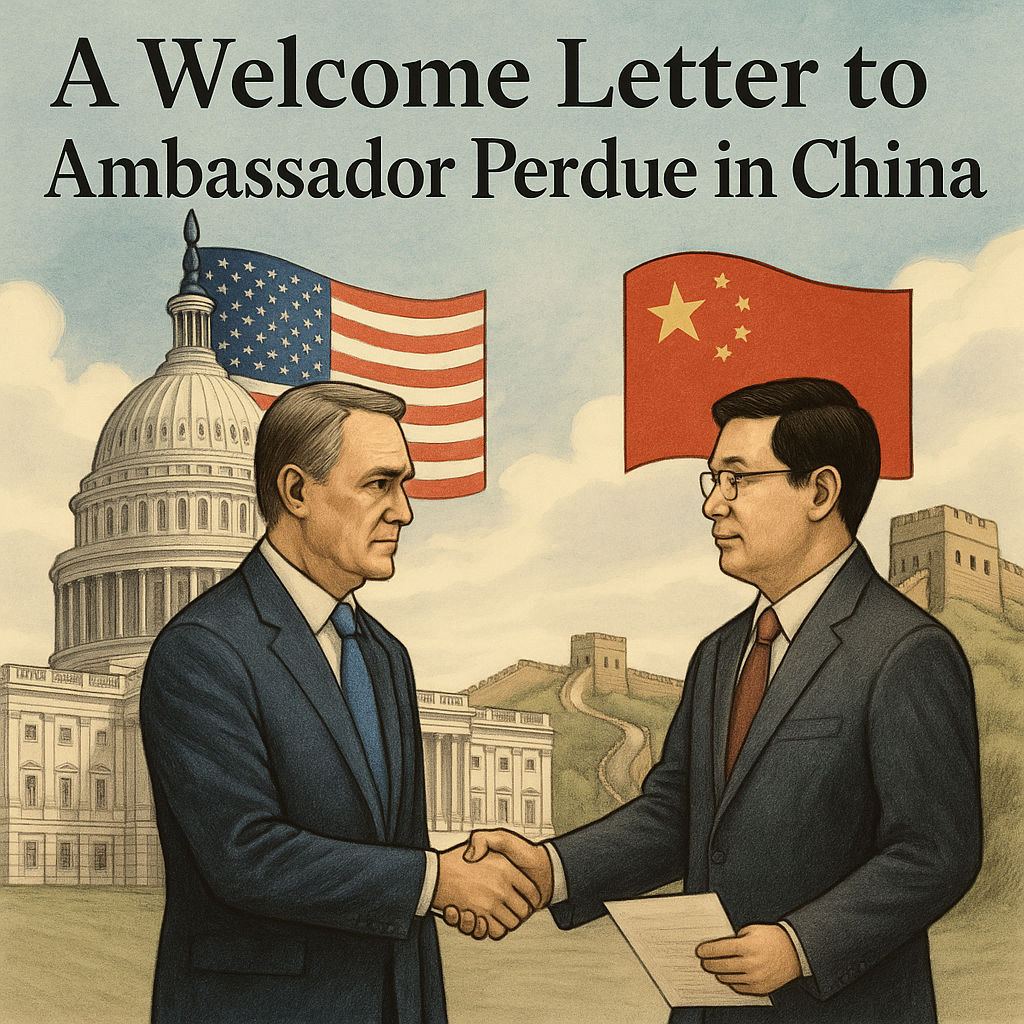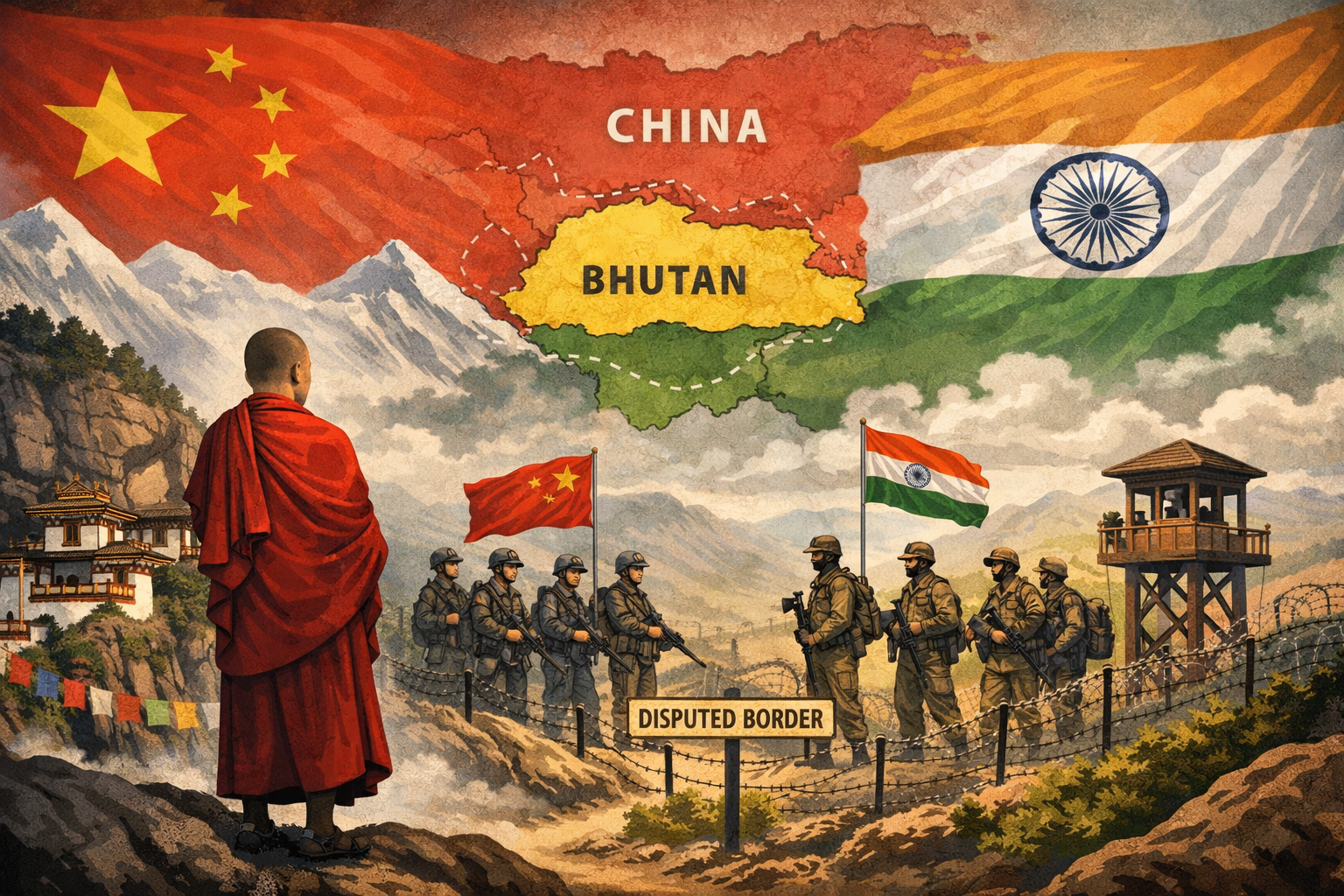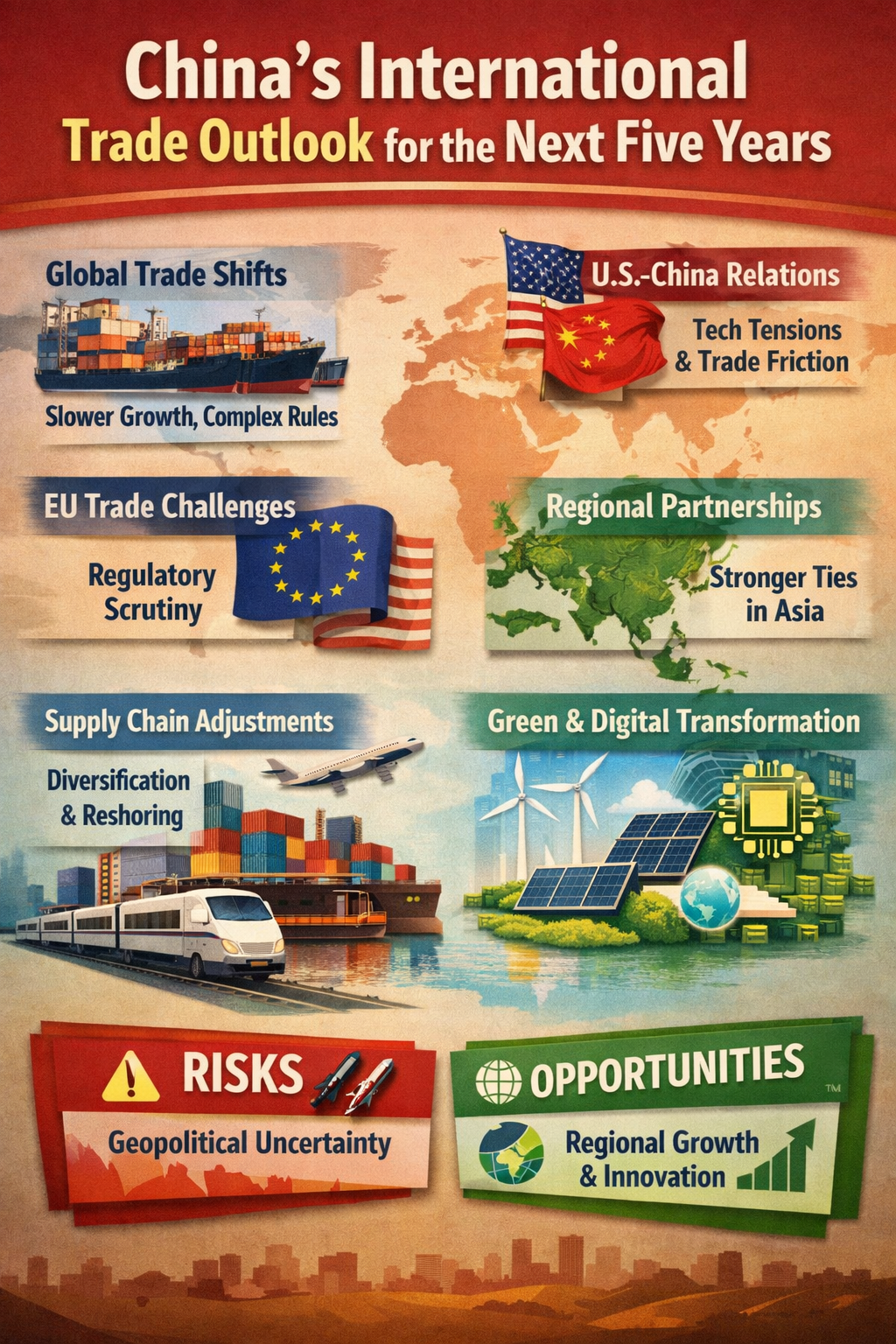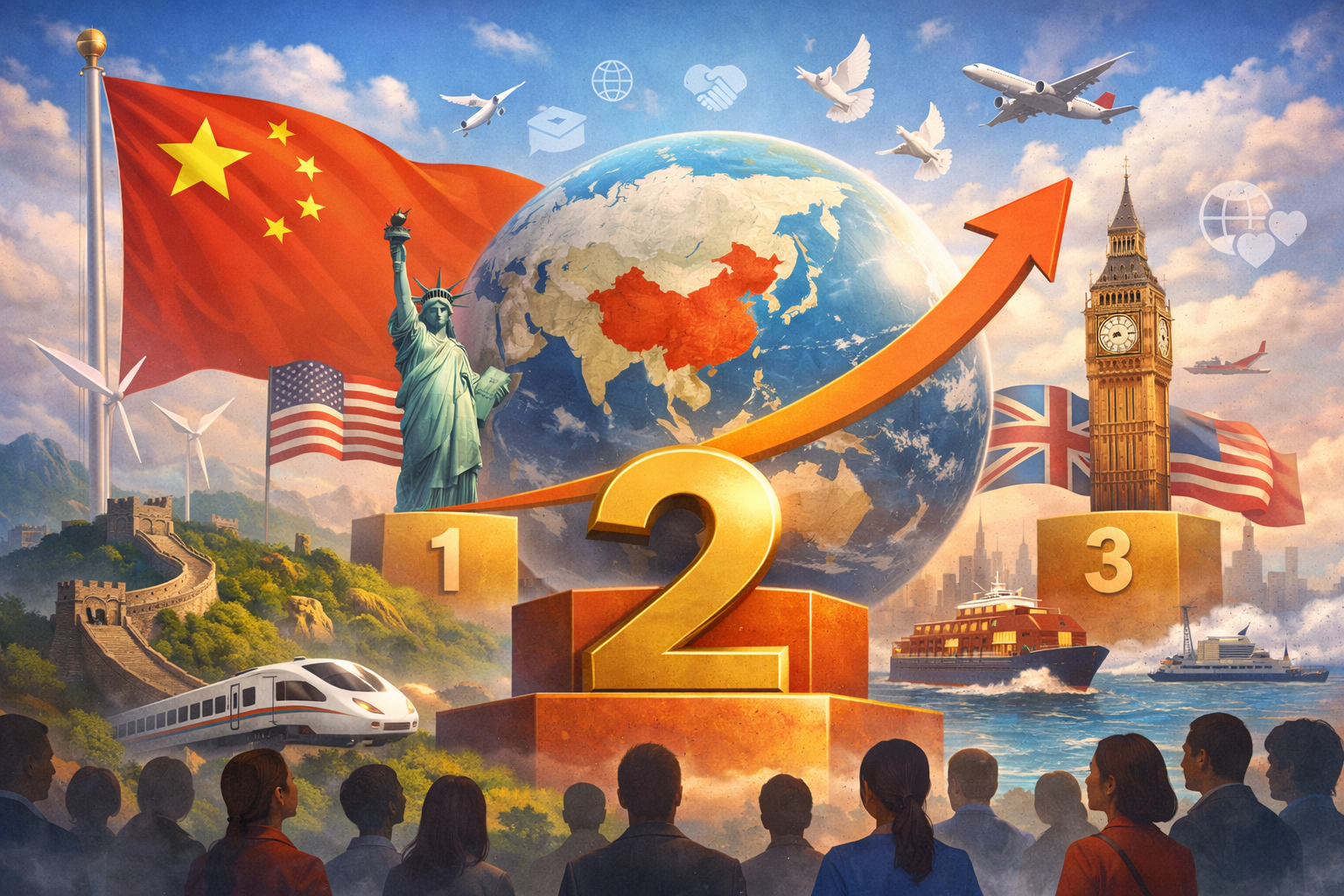Dear Ambassador Perdue,
Congratulations on your appointment as the United States Ambassador to the People’s Republic of China. At a time when the relationship between our two nations stands at a pivotal crossroads, your arrival carries exceptional weight. I sincerely hope your tenure will be guided by discernment, courage, and a spirit of constructive engagement.
As an international communication scholar and Editor-in-Chief of Communication Without Borders—a platform dedicated to dismantling cognitive boundaries and fostering intercultural understanding—I have long observed the evolving narrative dynamics between China and the United States. I believe many of the challenges we face today stem not only from strategic differences, but from deeper layers of cognitive misalignment and narrative asymmetry.
Your distinguished experience in international business and your familiarity with Asia offer a rare vantage point. I trust these strengths will serve you well—not only in navigating diplomatic complexities, but also in listening attentively to the diverse and nuanced voices emerging from Chinese society, beyond conventional political or ideological frames.
If ever there is an opportunity to contribute—academically, professionally, or as a sincere advocate for mutual understanding—I would be honored to engage in dialogue and offer my perspective.
I wish you wisdom and resolve in the important work ahead.
Warm regards,
Bi Yantao
Professor in International Communication, China
Editor-in-Chief, Communication Without Borders
This open letter was written in the spirit of promoting mutual understanding and cognitive empathy between China and the United States. First published on Communication Without Borders.Illustration courtesy of ChatGPT. Sincere thanks for the design support.




